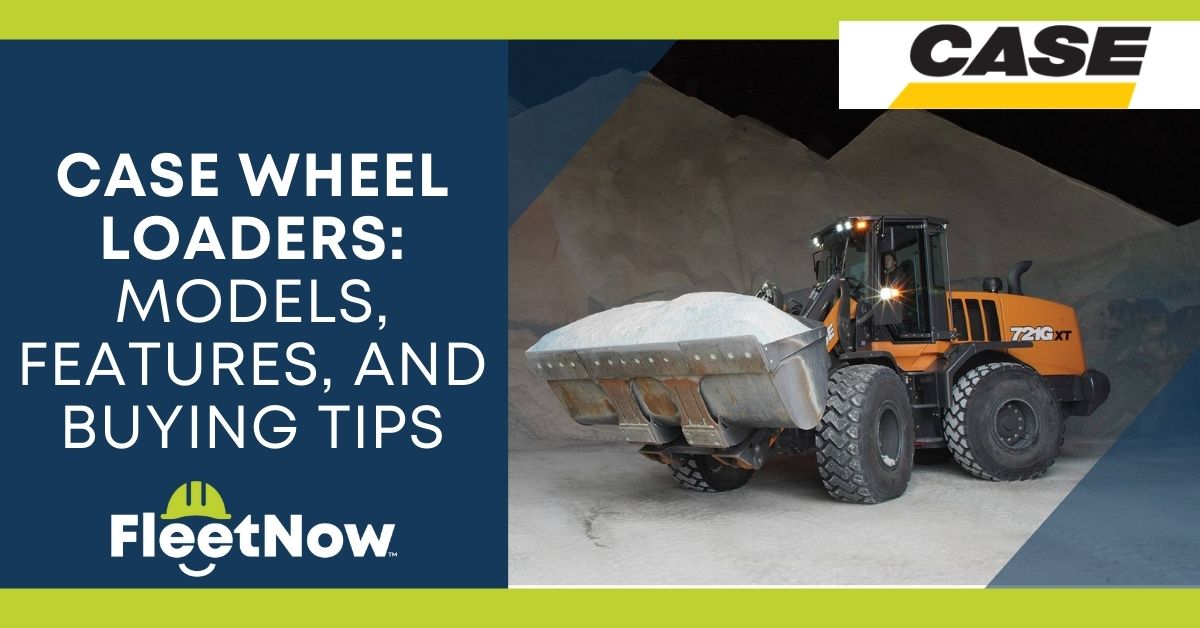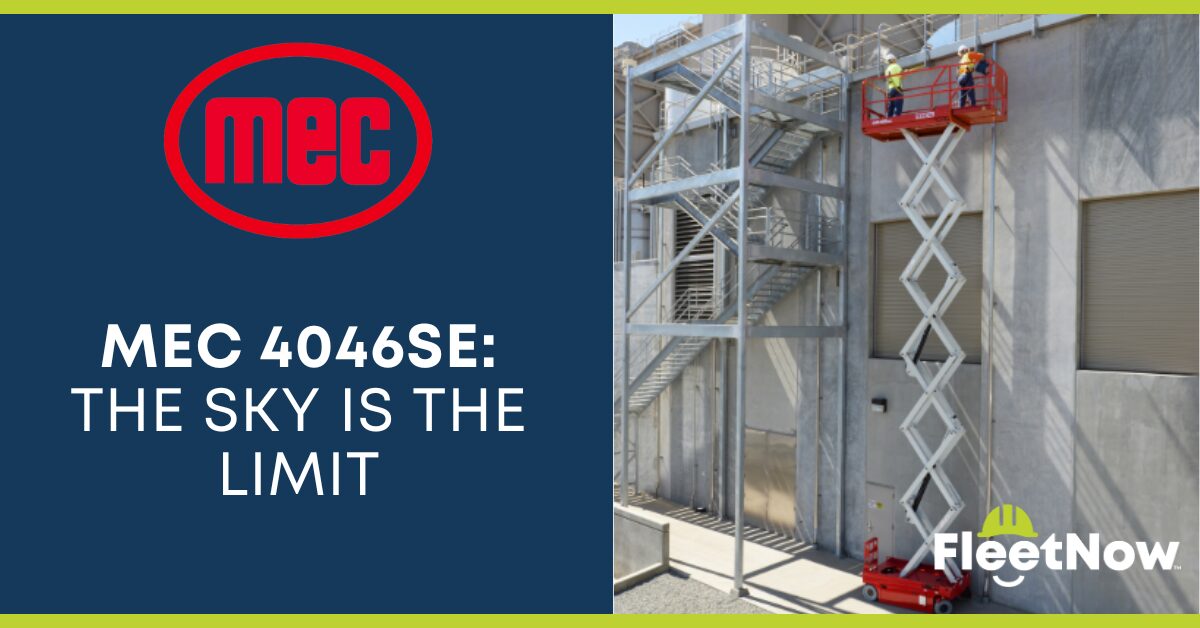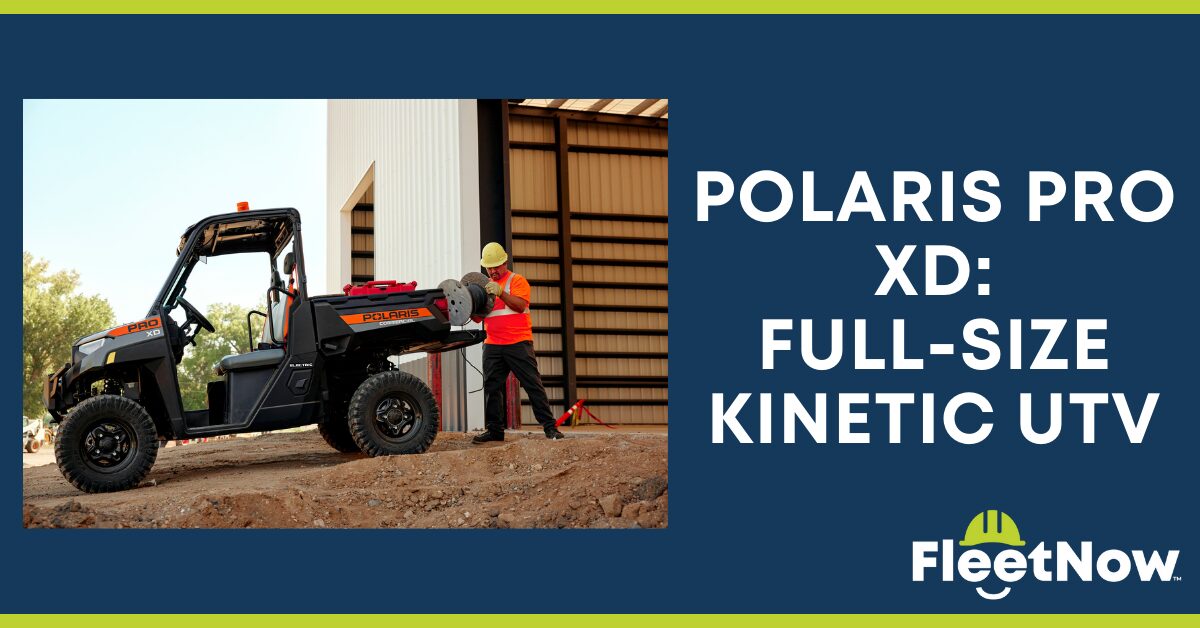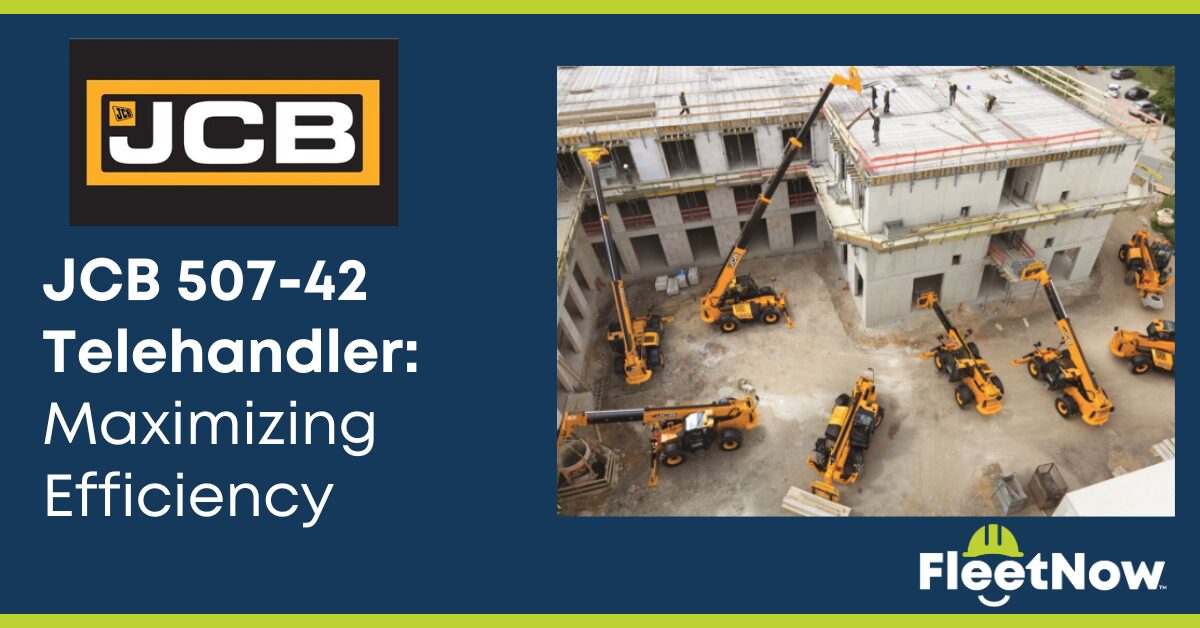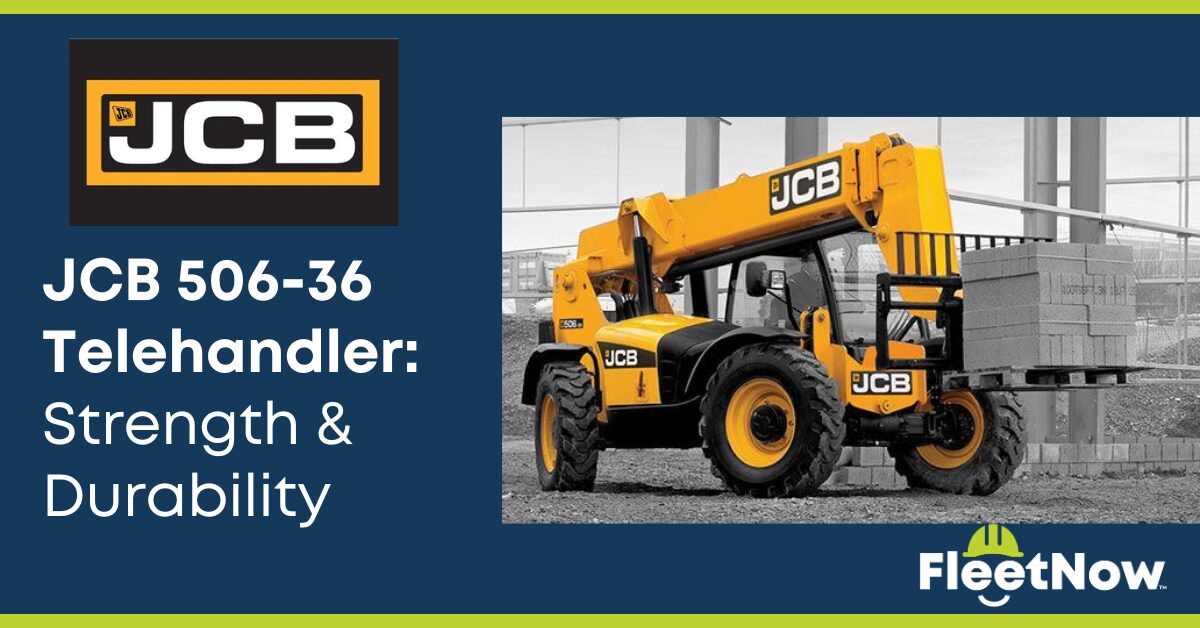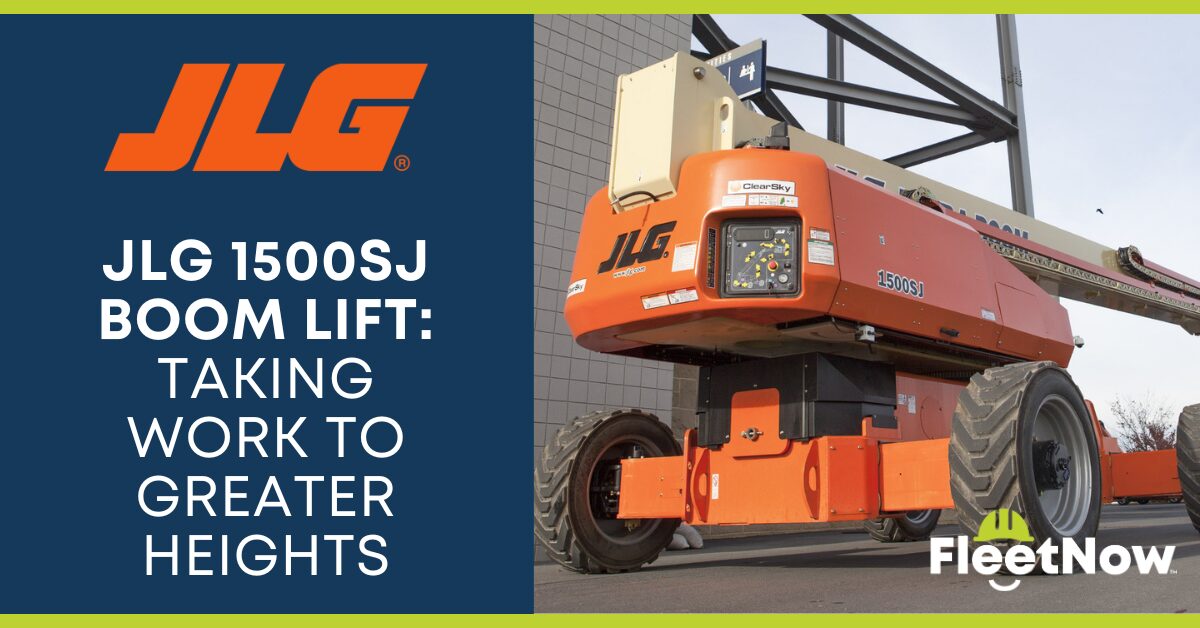The Comprehensive Guide to Case Wheel Loaders: Models, Features, and Buying Tips
Case wheel loaders are exceptional vehicles for any contractor working in general construction, landscaping, agriculture, road work, or other similar applications. The modern F-series and G-series wheel loaders are easy to maintain and manageable in terms of budget. Here’s a closer look at everything you need to know when considering a Case wheel loader purchase.
Why Choose Case Wheel Loaders?
The F-series Case wheel loaders are compact models that are ideal for agricultural and light construction work. The G-series wheel loaders are larger machines that are ideal for heavy construction, road and bridge work, and similar applications. They combine fuel efficiency with robust power, and Case offers financing that allows buyers to manage the total cost of ownership (TCO) over the lifespan of every machine. The cabs on case machines have improved ergonomics for operator control, and the best breakout force in their class.
Case wheel loaders also have excellent fuel efficiency, low-emission engines, and fast cycling times.
Case Wheel Loader Models & Specs
The F-series of compact Case wheel loaders includes models 21F XT, 21F, 121F XT, 121F, 221F, and 321F. Horsepower, breakout power, lift capacity, and machine size all increase with larger numbers. All the compact F-series loaders are ideal for agricultural applications or smaller jobs like snow removal or minor materials hauling. The XT designation on models refers to the XT linkage on the hydraulic arms, which allows for parallel lifting to make truck loading jobs easier. The standard models are Z-bar machines with a linkage that is ideal for digging, filling, and lifting materials.
The G-series of full-sized Case wheel loaders includes models 521G, 621G, 721G, 821G, 921G, 1021G, and 1121G. These larger machines offer robust power and an array of features that make them perfect for quarry and aggregate work, road and bridge construction, and waste or scrap removal. The largest model — the 1121G — has a breakout force of more than 56,000 pounds. All G-series machines have electro-hydraulic parallel lift.
Key Features of Case Wheel Loaders
The G-series is the newest generation of Case wheel loaders and features the latest upgrades for reduced cycle times, increased uptime, and simplified operation. The horsepower ratings on all models received an upgrade. From the 521G to the 1121G, the horsepower now ranges from 142 to 347 hp. In addition to enhanced powertrain features, these loaders also have FPT industrial engines and an improved cooling module system.
Another big upgrade with the G-series is the option for integrated technologies. These efficiency features are all controlled and monitored on an 8-inch LCD screen in the cab. The operator can now weigh bucket weights and track the accumulated weight being loaded into trucks — no more guesswork. It also keeps track of pass counts, allowing construction crews to estimate job durations more accurately. It can also keep job tracking data, so operators are accurately paid for the hours they work. This is a turnkey system that requires no additional financing or installation time.
A series of programmable buttons near the bucket joystick controls allow you to set the most common functions you use the wheel loader for, such as bucket lift height. Case loaders are also known for their great fuel efficiency and lower engine operating temps.
Applications and Uses of Case Wheel Loaders
The G-series Case wheel loader is a workhorse designed primarily for lifting and hauling materials. Quarry and construction sites, landfills, road and bridge work, and large-scale agricultural operations are the tasks best suited for these larger machines. There are a lot fewer hydraulic attachments for the Case G-series since lifting and hauling materials in the bucket is its main intended use.
If someone is looking for a wheel loader that has a lot more versatility and can do many different types of jobs, the compact F-series is a better choice. These compact machines have an integrated hydraulic quick-coupler that allows for attachments to easily be removed and swapped out. The F-series Case wheel loader is compatible with more than 250 different Case attachments.
Bale spears and bale handlers are ideal for agricultural work. A front dozer blade attachment turns the F-series into a snow plow or road grader. A separate snow bucket works great for snow removal. Other attachments include augers for drilling, pallet forks, brush or scrap grapples, rotary cutters, and concrete claws.
Buying Guide
Factors to Consider When Choosing the Right Model:
What do you intend to use the wheel loader for? If heavy-duty materials handling is the primary type of work you’ll be doing, the full-sized G-series Case wheel handler might be the better option. If you want versatility, the F-series may be the better choice, due to the many available attachments.
New vs. Used Options
A properly maintained Case wheel loader can last for 10 years, or about 7,000 to 10,000 hours. If you want to buy a used Case wheel loader, this can be a good option for cost savings. However, none of the older models have the same technology and features as the current G-series case loaders.
The rocker switches in older Case models have been replaced by a membrane keypad in newer versions. The 8-inch LCD display allows the operator to monitor everything from bucket weights to fuel levels and tire pressure. It also has an integrated rearview camera. Seats are more comfortable on the newest models and a modern HVAC system can cool, heat, or defog the cab in no time. The newer models also have a rounded front windshield for better operator visibility.
Financing and Warranty Options
Case financing on wheel loaders is available through CNH Industrial. The F-series loader comes with a 1-year, unlimited-hour, full-coverage base limited warranty. The standard warranty also includes a 2-year or 2,000-hour extended limited engine warranty.
The G-series Case wheel loader has an even better warranty. These loaders come with a 3-year or 3,000-hour full-machine factor limited warranty. They also come standard with a 3-year or 2,000-hour maintenance plan and a 3-year subscription to the computerized SiteWatch™ functions.
Many used construction equipment marketplaces, like FleetNow, offer financing options when you are looking to buy a wheel loader.
Maintenance and Care
The latest models of Case wheel loaders are easier to maintain and care for than any other previous versions. An electric rear hood lift allows quick and easy access to the engine. All the basic routine maintenance tasks can be performed at ground level, so the operator doesn’t have to climb up onto the frame or the engine block. Oil and fluid levels can easily be checked on a daily basis if needed. There are too many machines to list here, but the maintenance schedule for every Case wheel loader can be found in the owner’s manual or online.
Here’s a Video Detailing the Case G Series Wheel Loaders:
Frequently Asked Questions (FAQs)
What is the price range for Case wheel loaders?
Smaller wheel loaders in the Case F-series start at around $70,000 news. The G-series loaders from the 821G and up cost $200,000 or more, depending on all the add-ons. When that same 821G is four years old and has about 1,000 on the engine, it can sell in the $150,000 range. Keep in mind, however, that wheel loaders have about a 10-year lifespan before major replacements and repairs will be needed.
How do I select the right model for my specific needs?
If you need a heavy-duty machine for lifting, hauling, and loading on a construction site or in a quarry, the G-series is the best choice. It is a “one-trick pony,” but it does the job very well. If you need a more versatile machine that can switch tasks with a different attachment or bucket, the F-series is the better option. Case’s compact wheel loader can do everything from bale handling to plowing snow.
Are there financing options available for purchasing Case wheel loaders?
Case financing is available through CNH Industrial. The company also provides a calculator that allows potential buyers to estimate the total cost to operate (TCO) a case loader over the life of the machine.
What maintenance schedule should I follow for Case loaders?
The maintenance schedule is explained in full in your owner’s manual for a Case wheel loader, or it can be found online in PDF form. Case provides a checklist of recommended maintenance tasks that should be performed after the first 100 hours of operation. This includes tightening the wheel nuts and changing the oil and oil filter, fuel filter, and axle oil. These can be performed every 500 hours after that. It’s also recommended that the operator check the engine oil level after every 10 hours of operation.
Are there training programs or certifications for operating Case wheel loaders?
Yes. Certifications usually last for three years. There are a variety of schools that offer wheel loader operator certifications through a combination of classroom time, a written test, and a field test using the machines. The most common certifications are the OSHA Safety Certificate, Certified Operator Class IV, and the EPA Amusement Operators Safety Certification.

